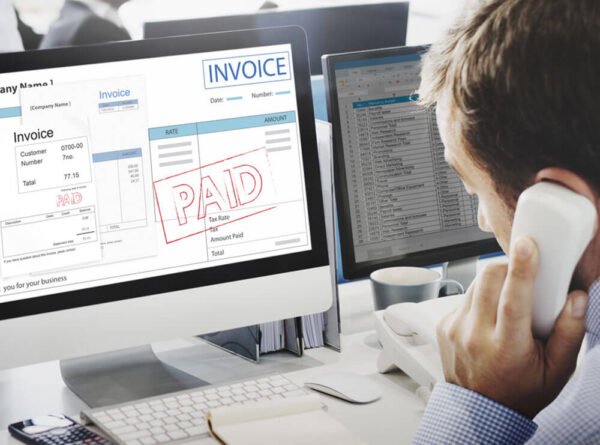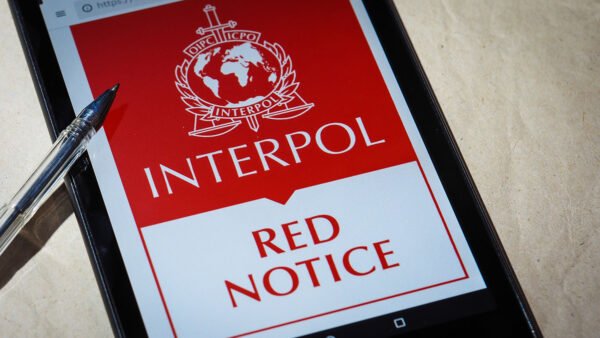
Top Tips for Small Businesses to Successfully Chase Unpaid Invoices

According to research from the Federation of Small Businesses (FSB), 50,000 business closures could be avoided yearly if payments were made on time. In total, small businesses suffer from £7.4 billion in unpaid invoices according to a recent survey from Capital on Tap.
Handling late payments can be stressful, and asking for money from a customer can also be a little uncomfortable. With this in mind, we have worked with Alex Miles, COO and UK Managing Director at Capital on Tap to share some of her tips for small business owners on how to chase unpaid invoices efficiently.
1. Set a timeframe – Setting a timeframe for yourself can make it feel more manageable, and also less personal if you feel a little uncomfortable chasing a customer for money.
It’s also important to set your expectations for payment deadlines when you invoice the client, so you’re both on the same page. Most SMEs will opt for a 30-day payment deadline, but think about what will work best for you and your business.
2. Don’t be afraid to check in – It’s not rude to chase your invoices. In the first instance of a late payment, send your customer an email to check if there’s been a problem with processing, remind them it’s overdue, and ask when you can expect the payment.
If they still haven’t paid, send an overdue invoice, and if the problem persists then give them a call. You don’t need to say too much, just explain the overdue invoice and ask when it will be paid.
3. Escalate if needed – If you’ve contacted the customer by both email and phone but they still haven’t paid, then you’ll need to escalate the issue. Warn them that you might stop supply if they don’t pay, and speak to someone more senior in the business if you can.
It’s also worth considering adding a late payment fee or interest rate to your invoices, so if you do come up against a delayed payment, you can charge the customer for the inconvenience.
4. Seek professional help – If the problem persists, you may need to seek professional advice. This might involve using government or local business advice hubs, calling your trade organisation to see what help they can offer, speaking to a solicitor or accountant, or using a mediator to talk things through with the customer.
5. Make sure you’re paying your own invoices on time too – As the age-old saying goes, ‘people in glass houses shouldn’t throw stones,’ and as a business owner yourself, it’s really important to make sure you’re also paying invoices on time. Communication is also key, so if you do find yourself behind on payments, whether that be because of illness, holidays, or other contributing factors, be open and honest with your suppliers so you can fix the problem as quickly as possible.













































